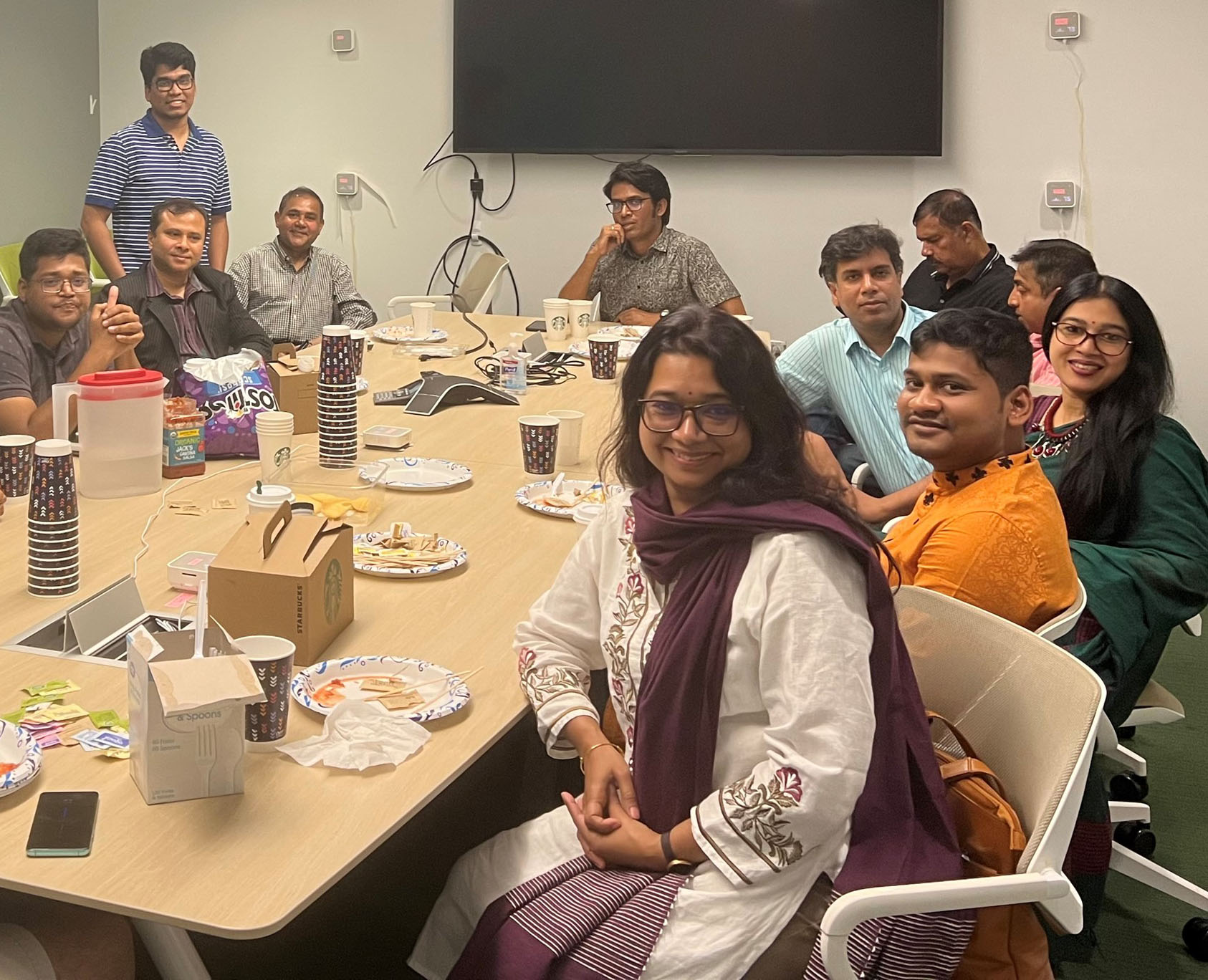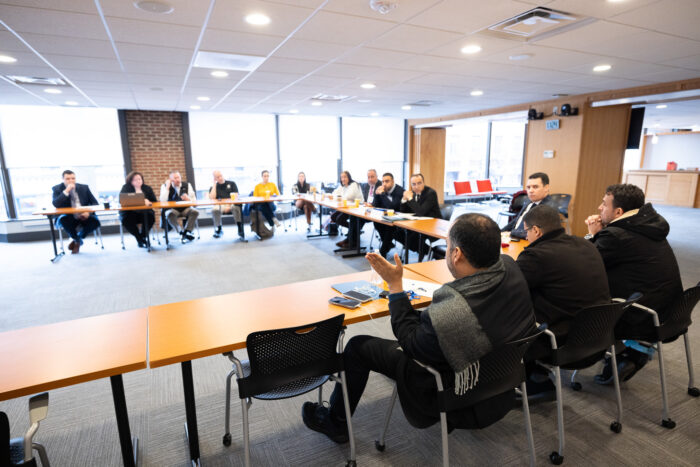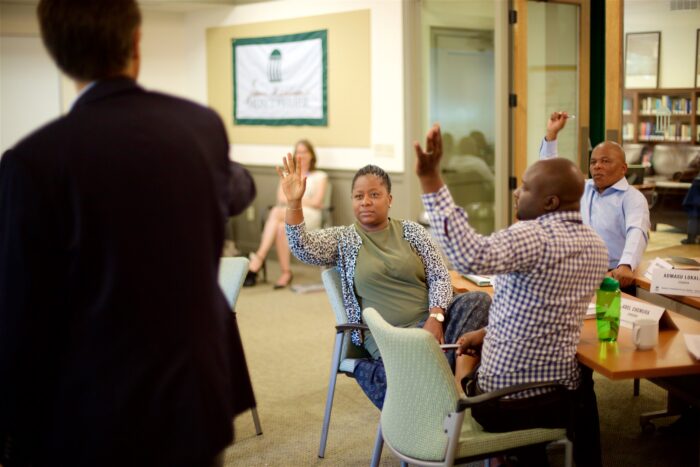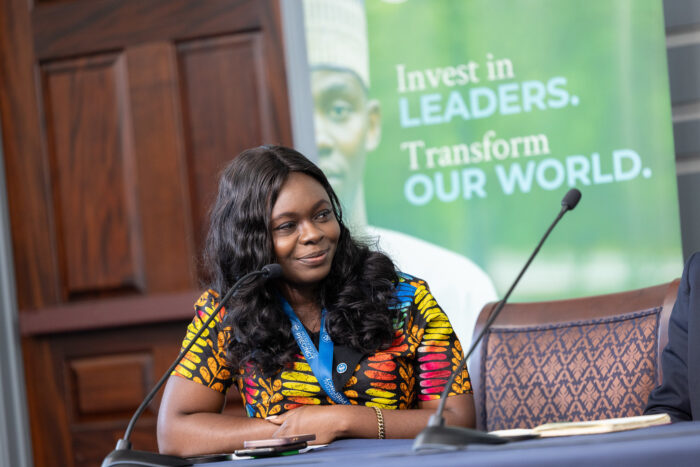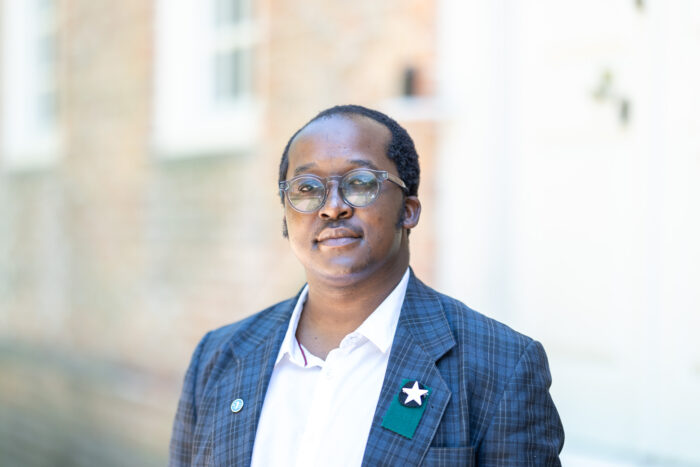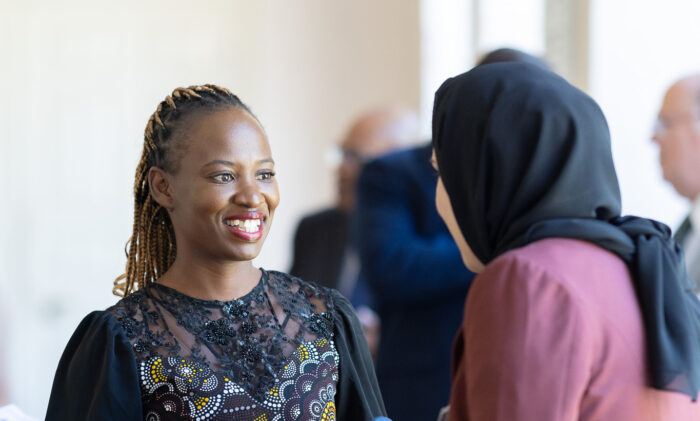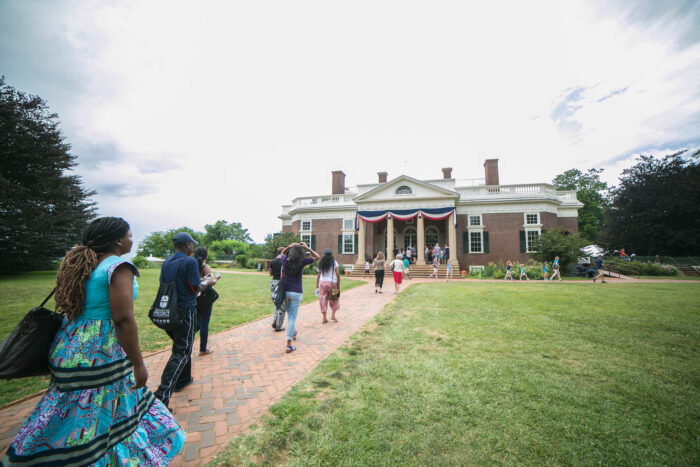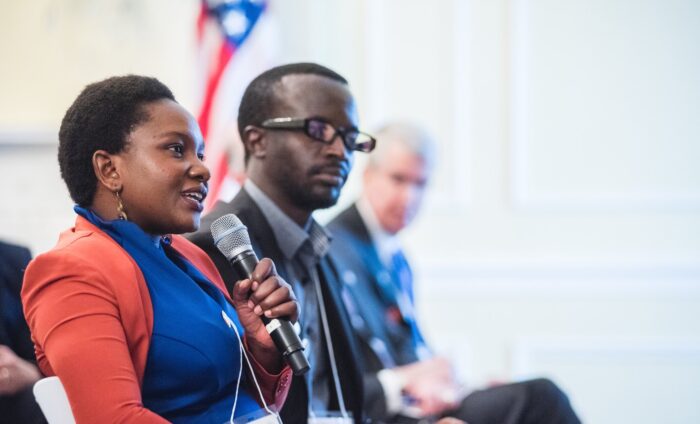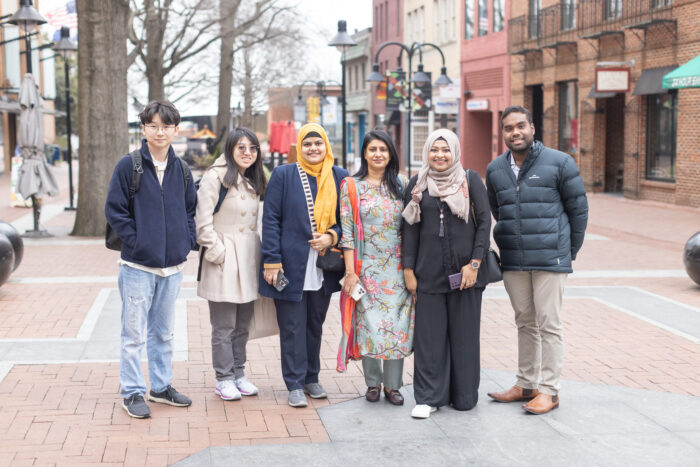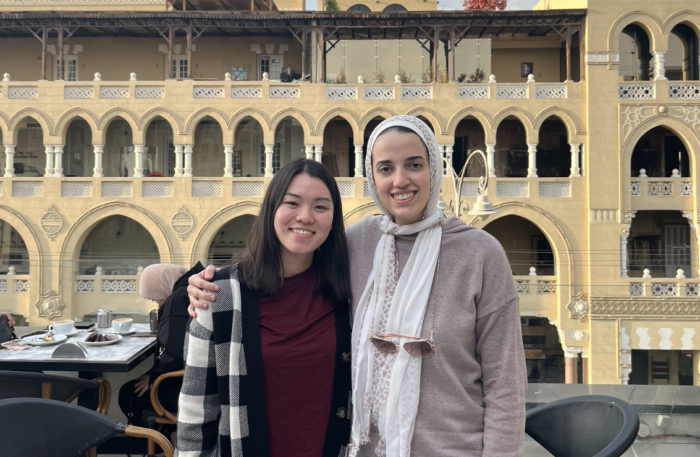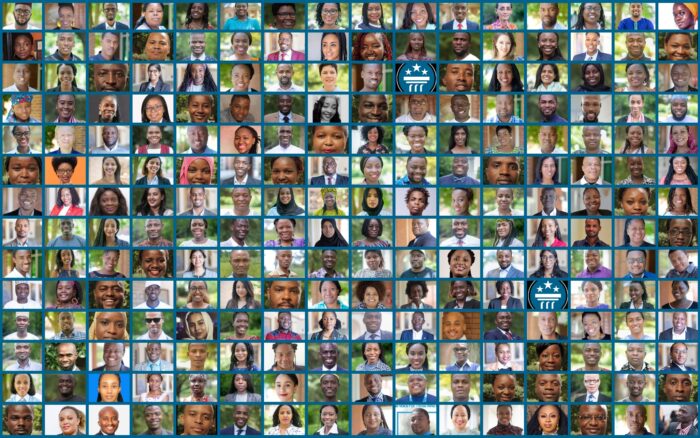Bangladeshi educators visit the Precinct, Dialogue with UVA's School of Education and Human Development
Faculty and staff of UVA’s School for Education and Human Development (SEHD) opened their labs to Bangladeshi educators seeking to design, create, experiment and prototype technology in education. The Presidential Precinct partnered with SEHD to conduct a day-long program for the group of university professors, Ministry of Education officials, and leaders of non-governmental organizations.
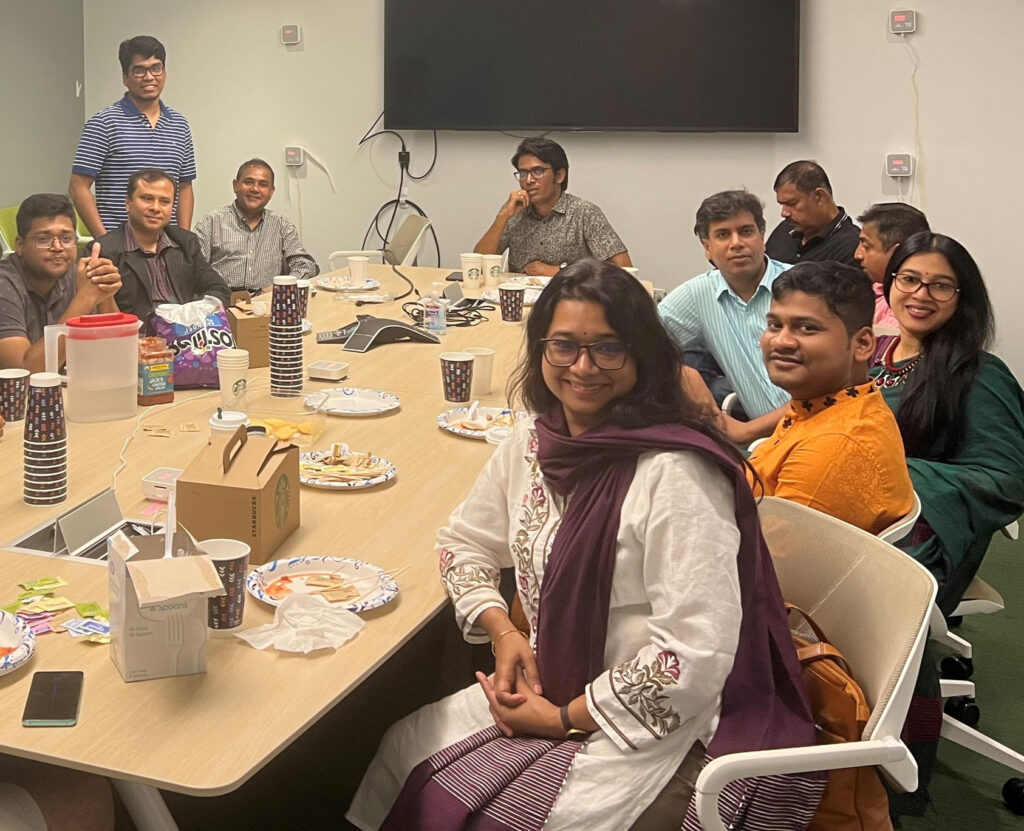
UVA’s School of Education and Human Development is nationally recognized for its evidence-based approach to developing leaders in the practice of education, health, and human services, paired with rigorous and practical research.
The group toured the TeachSIM Lab, where teachers can build skills that would be hard to practice with real students, and received a demonstration of online tools that document and capture feedback on classroom teaching practices in real time. They also made objects for hands-on learning in the Fabrication Laboratory.
In addition to these tangible tools and methods, SEHD shared mindfulness- and compassion-based approaches to help their Bangladeshi peers manage the stressful demands of the classroom, cultivate an exceptional learning environment, and revitalize teaching and learning.
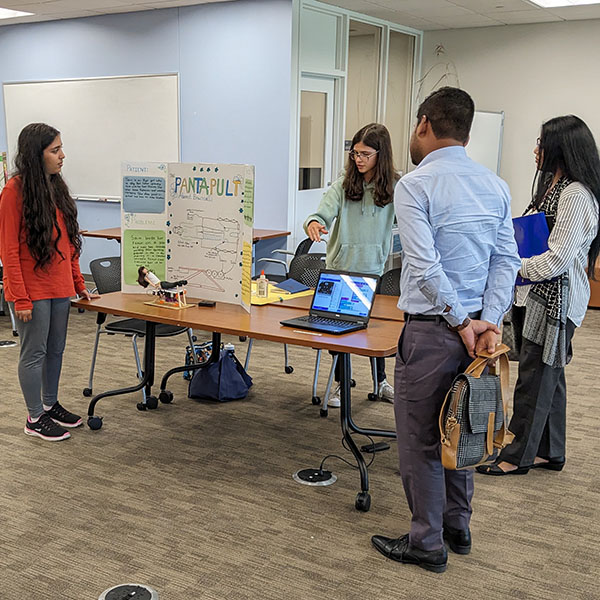
The educators’ visit to Charlottesville coincided with the 2023 Bio-Med Tech-Girls program, a unique collaboration between Charlottesville Women in Tech, SEHD and the School of Engineering to provide inspiration, community-building and hands-on computer science and biomedical activities for young women in high school. The Tech-Girls shared their solutions to improve patient care and quality of life, for example to help patients with injuries dress and feed themselves and recover from a concussion.
Capping off their visit, the educators met with members of UVA’s Association of Bangladeshi Students to talk about their country’s current education system and their desire to implement inquiry-based learning.
“A lot has changed since we all graduated from high school,” said Farzana Ahmad, Ph.D. candidate in computer science. “They came here to know about inquiry-based learning systems, which was not familiar to us when we were in high school. It was always one directional education system. We all appreciated this initiative as this will surely make our next generation more creative.”
The U.S. Department of State invited the educators to meet with U.S. peers and exchange ideas on how to integrate technology and inquiry-based learning methods in the classroom through its International Visitor Leadership Program. The Institute of International Education supported the national program with stops in Baltimore, Raleigh, Columbia, and Austin as well as Charlottesville.

